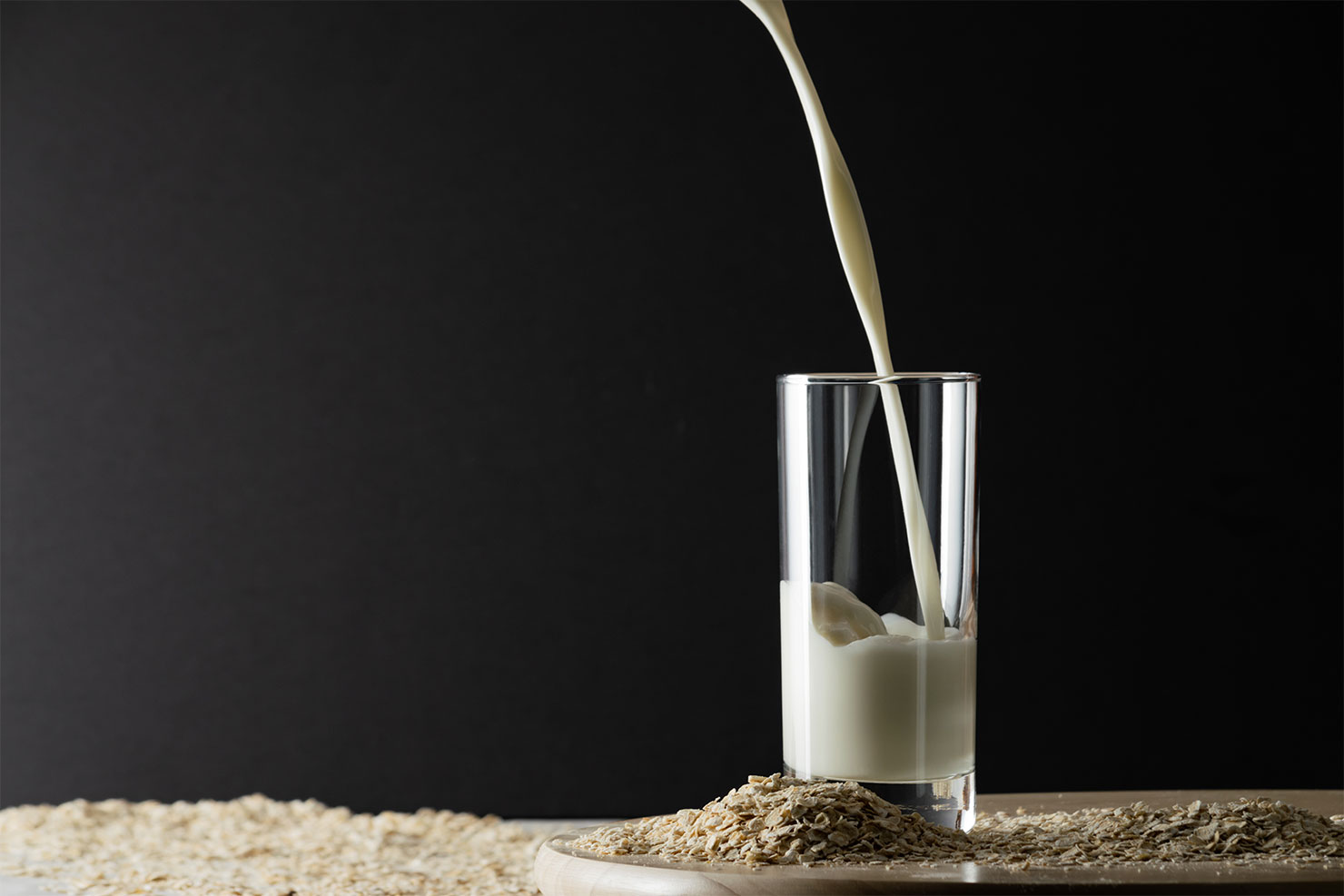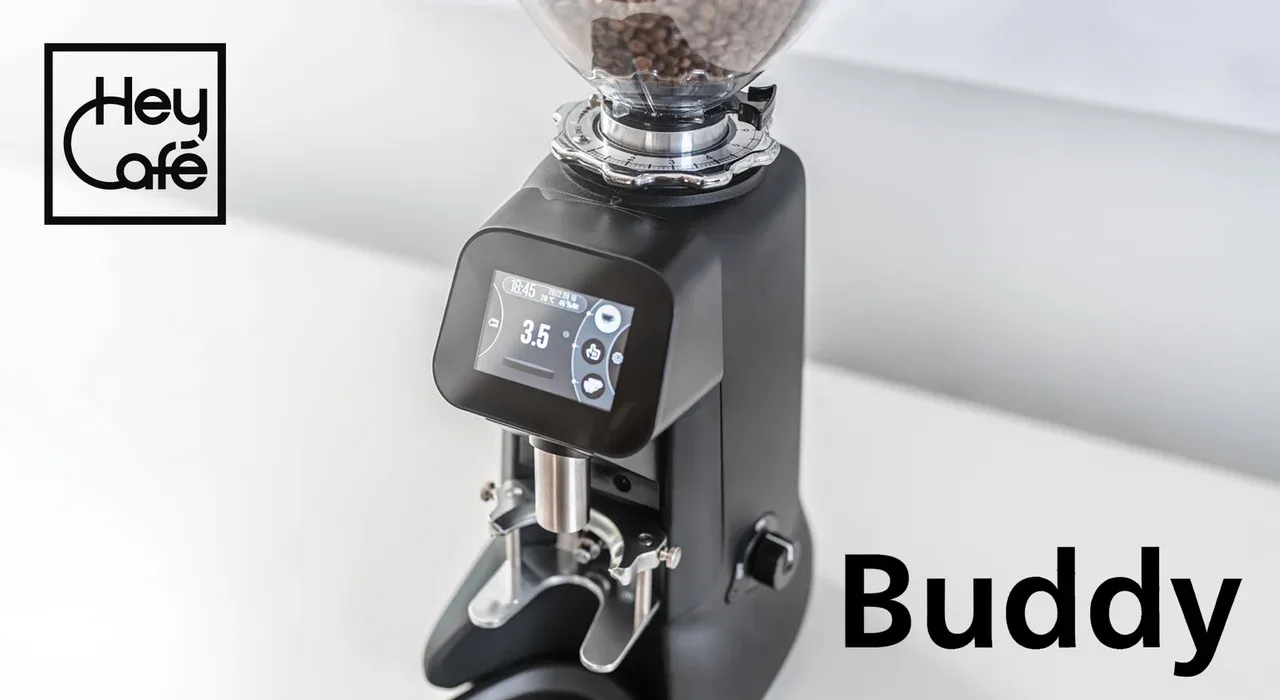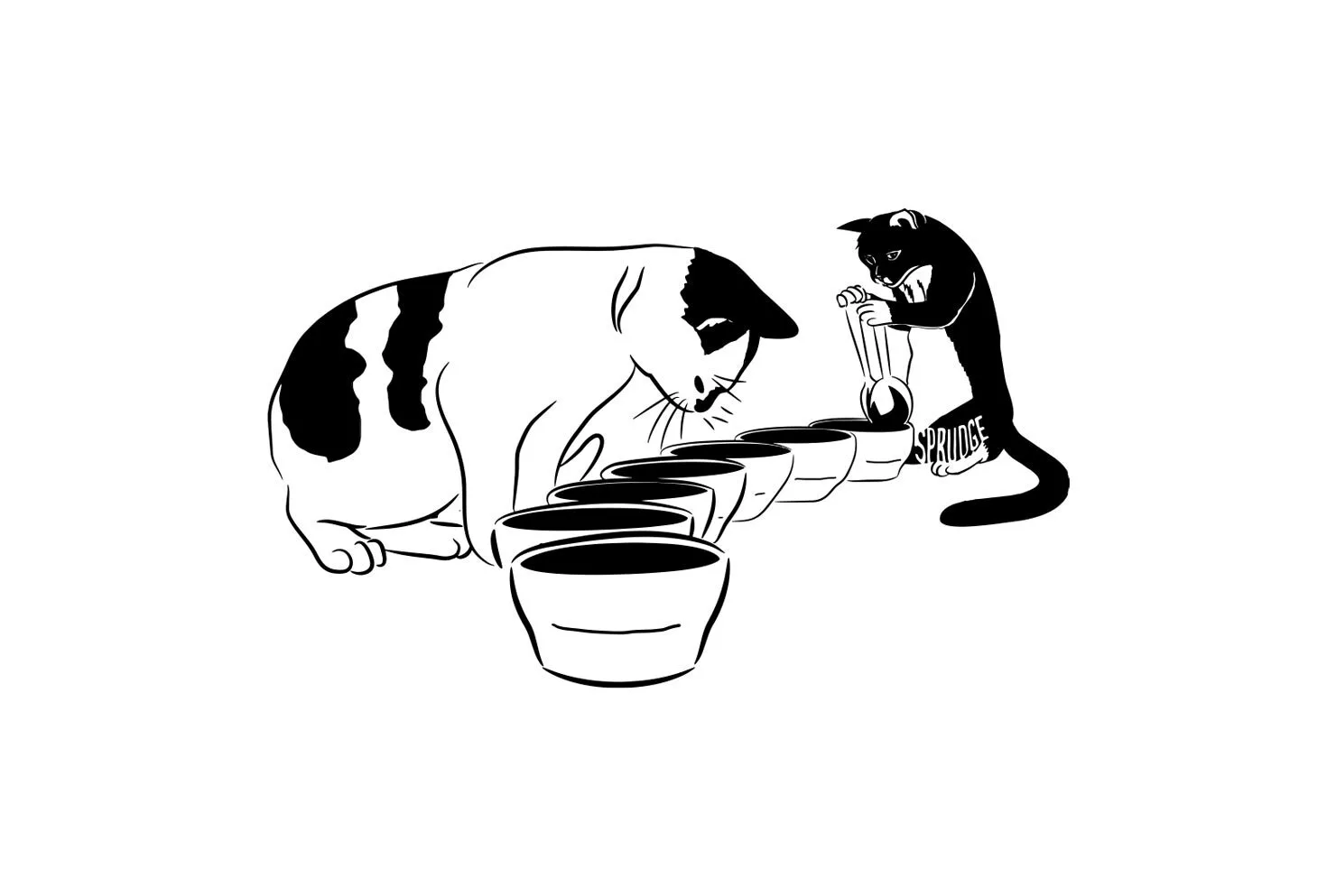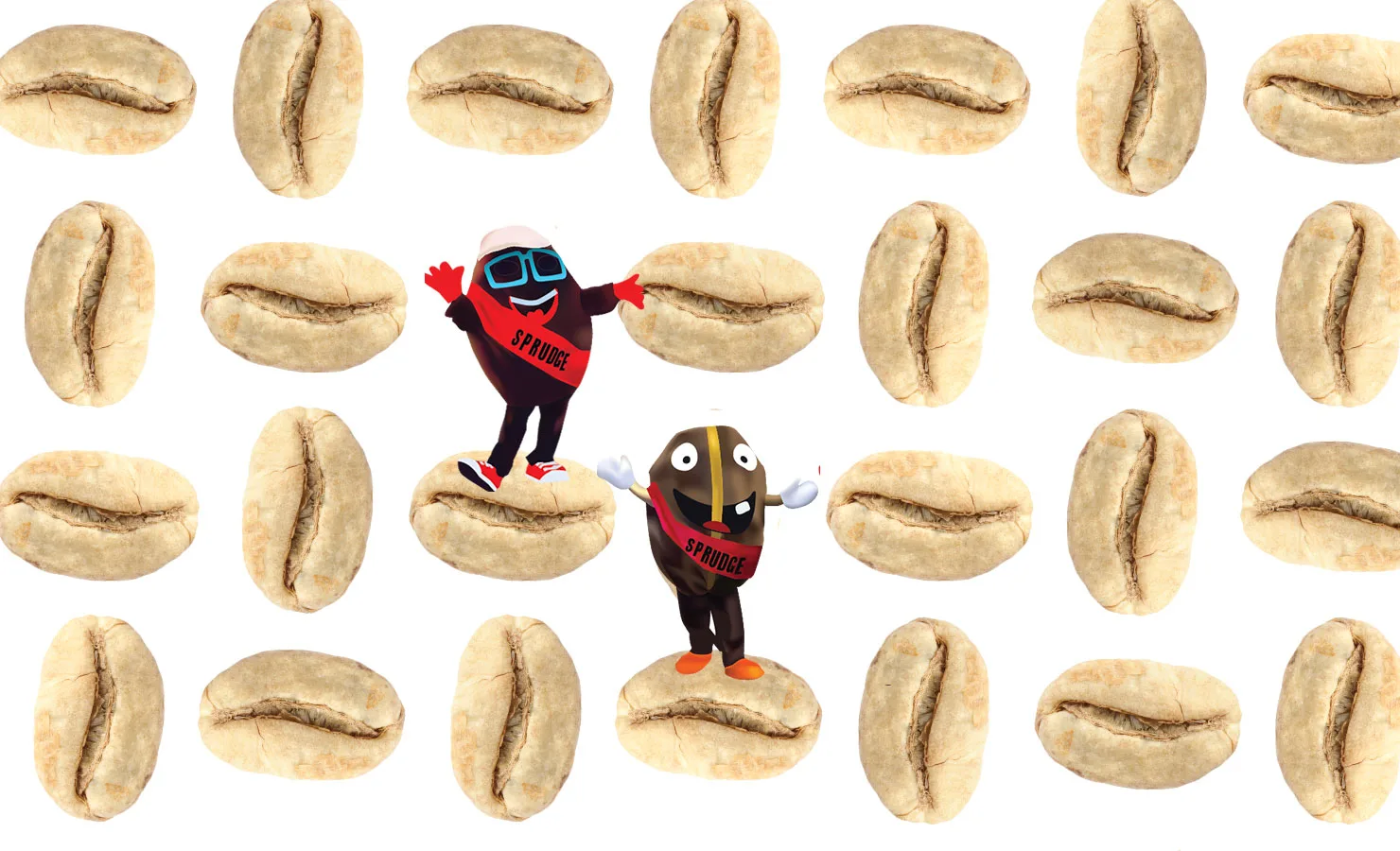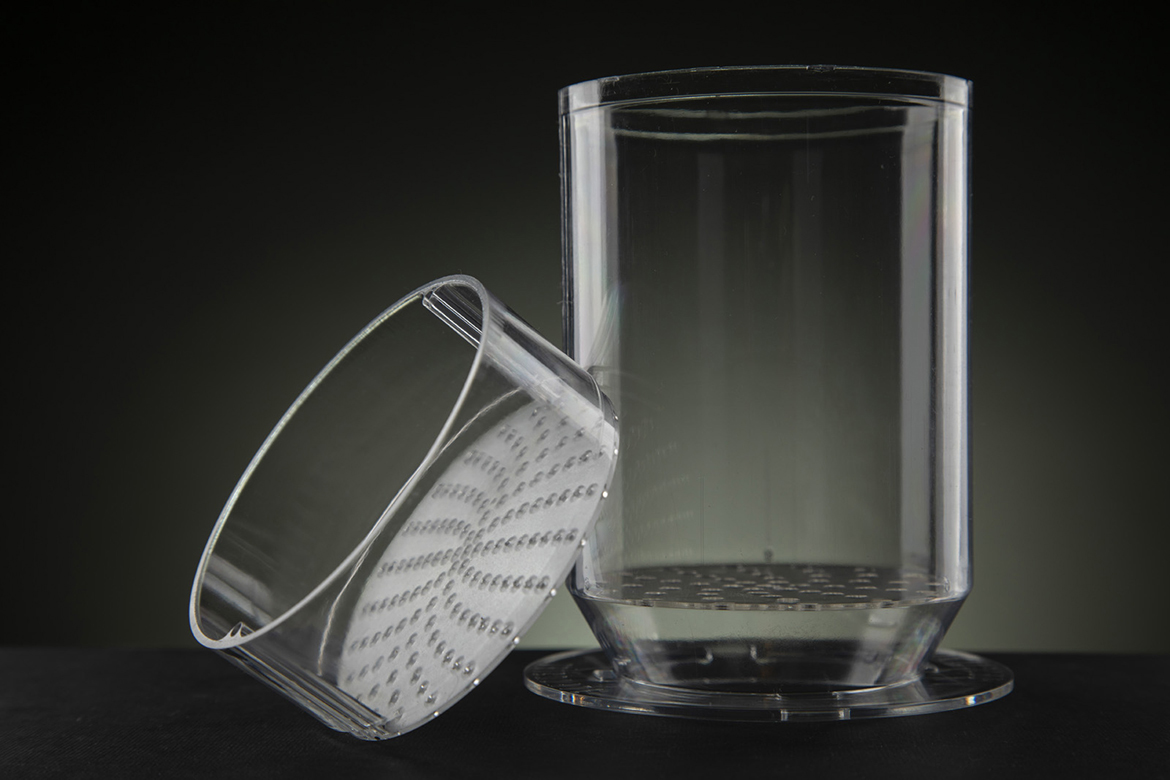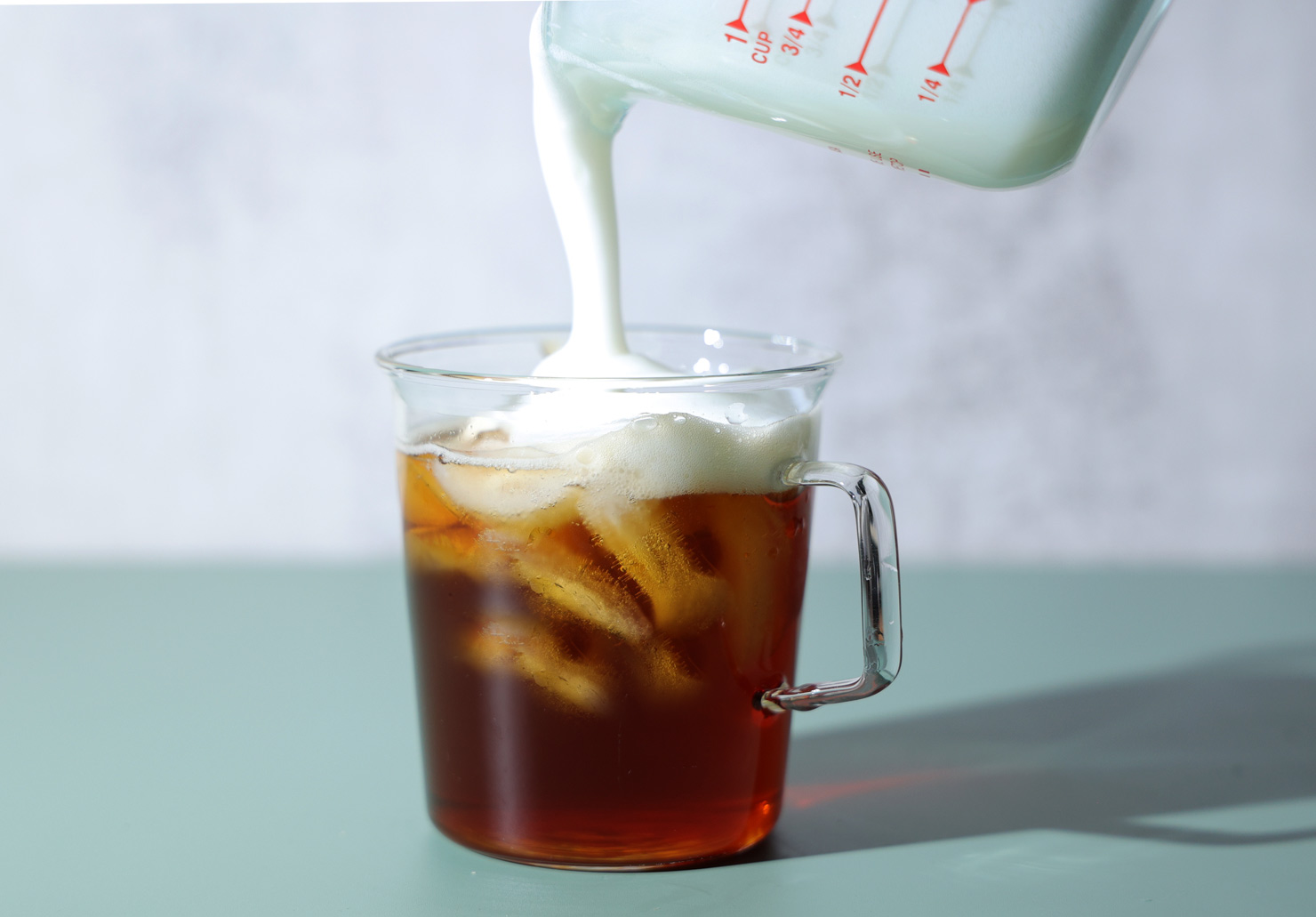Perhaps you’ve heard of oat milk. Baristas love oat milk. Oat milk is vegan. Oat milk can be safe for those with nut or dairy allergies*. You’ve tried oat milk. You probably even have a favorite oat milk! But what IS oat milk? Is it the milk of an oat? Sort of, but not quite, and also much more.
Let’s explore oat milk together!
View this post on Instagram
What is oat milk, actually?
Oat milk is a drink made by processing oats in water. Oat milk has become a popular alternative to cow’s milk in coffee houses for its flavor and texture, but also for the convenient attributes of being vegan, soy-free (which soy milk is… not), and nut-free (almond milk, we’re looking at you).
Oat milk can have a texture ranging from thin to lush and viscous, depending on how it is made. There are special, barista-targeted versions of oat milk that are thicker than regular oat milk, and these steam nicely to make lattes and other hot beverages.
View this post on Instagram
But… is it JUST made of oats and water?
No. Most companies who manufacture oat milk add a variety of ingredients such as vitamins like riboflavin and Vitamin D, buffers and stabilizers like gellan gum and locust bean gum, and sometimes oils like canola oil. Not all oat milks include added oils, but most “full fat” or “barista” versions tailored for milk steaming do.
View this post on Instagram
What does oat milk taste like?
“Oat milk is, for a lot of people, the least surprising flavor of alternative milk when they taste it for the first time,” says Nathanael May, Senior Manager of Training & Specialty Coffee at Campbell’s, parent company of oat milk maker Pacific Foods.
“If you have had oatmeal ever in your life, oat milk tastes a lot like oatmeal,” says May. “It gives that very nostalgic, comforting, classic breakfast flavor,” he explains, noting that different oat milk brands lean into that oatmeal-intense flavor to varying degrees. In coffee and tea, oat milk tends to provide a creamy but neutral base for the flavors it accompanies.
View this post on Instagram
How is oat milk made?
Oat milk can be made in a variety of ways, all of which require mixing oats (either from oat flour or in larger pieces) with water. A popular method is enzymatic hydrolysis, a process which accentuates the release of sugars from the oats, making the drink taste naturally sweet. You can also make oat milk at home by soaking oats in water, blending, and straining.
“We’re essentially doing the same thing that you do when you make oatmeal when we make oat milk, we’re just ensuring that that comes out as a liquid instead of a porridge,” says May.
When did this oat milk thing happen anyway?
The specialty coffee industry propelled oat milk to stardom in the late 2010s, after Swedish brand Oatly made a full court press into cafes worldwide. Baristas embraced it as an alternative to existing milk alternatives, especially enamored with its flavor and versatility. Fierce oat competition quickly ensued, with companies from large to small including the aforementioned Pacific Foods, Califia Farms, Chobani, Silk, Minor Figures, and Ghost Town Oats hoisting their sails on the oat liquid sea. Retail and grocery celebration of oat milk followed on the heels of coffee shops, and nowadays oat milk is available all over the darn place—its popularity has continued unabated well into the 2020s.
View this post on Instagram
Is oat milk gluten-free? Is it organic?
Not all oat milk is able to be labeled gluten-free due to the high likelihood of cross-contamination either within factories or even fields. While many brands do ensure their oat milk is gluten-free, it’s often cost-prohibitive to ensure oats are both organic and gluten-free—so many manufacturers pick one or the other.
View this post on Instagram
Is oat milk better for you than milk or milk substitutes?
Oat milk tends to be fortified with the same beneficial additives other milk alternatives add, like Riboflavin and Calcium (which are naturally occurring in dairy milk.) Oat milk is lower in protein than cow’s milk and soy milk, but higher than in almond milk—and certainly has more protein than coconut milk, which has almost none. Oat milk made with added oils may taste more delicious to some, but may give others pause. As with all of life’s big choices, there are always going to be sacrifices.
View this post on Instagram
Is oat milk more environmentally friendly than milk or milk substitutes?
Oat milk is one of the more sustainable plant-based milks, with oats—a rotationally farmed plant that provides beneficial crop diversity—cited as being less water-intensive and environmentally taxing than other alternative milk ingredients, like almonds. Factory scale conventional dairy milk farming uses more resources and produces more greenhouse emissions than plant-based alternatives, but it’s worth noting such metrics do not necessarily apply to the work of small, organic dairy farms.
View this post on Instagram
What are some good uses of oat milk?
Besides being well suited to coffee and tea, oat milk makes a great base for a bowl of your favorite cereal, an addition to smoothies, as a drink on its own, or even… in oatmeal! (Is that weird? You do you.)
Liz Clayton is the associate editor at Sprudge Media Network. Read more Liz Clayton on Sprudge.
* Not all oat milks are safe for those with allergies, as some may be manufactured in facilities in close proximity to allergens. Always check allergy information on oat milk products before consuming!











